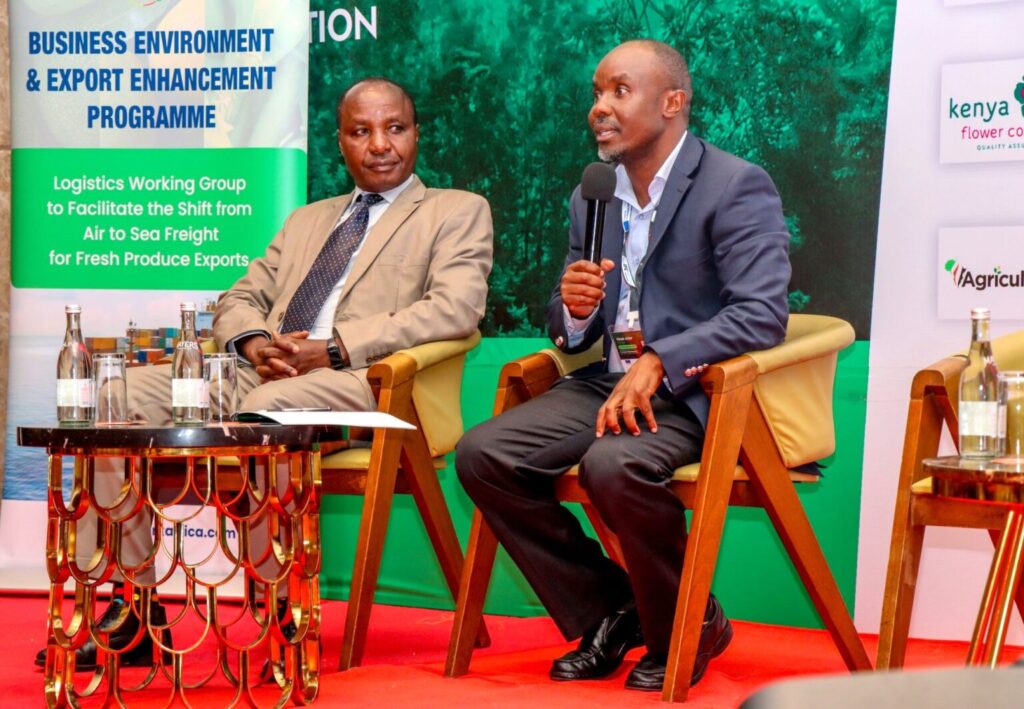Pest control products took center stage during the GLOBALG.A.P. Tourstop 2025 in Nairobi, where stakeholders from farming, government, and the agricultural industry convened to discuss key issues surrounding pesticide safety, regulation, and innovations.
Fredrick Muchiri, the CEO of the Pest Control Products Board (PCPB), emphasized that the role of governments worldwide is to protect citizens from the dangers of pesticides. He explained that while pesticides are inherently toxic to pests, proper regulations ensure their safe use. In Kenya, the PCPB, established in 1985, is tasked with ensuring that all pest control products meet safety standards for both consumers and operators.
A significant discussion point was Maximum Residue Limits (MRLs). Muchiri clarified that MRLs, often misunderstood as health measures, are actually trade standards specific to each market. He noted that while European Union MRLs tend to be stricter, this does not indicate that pesticides are unsafe for consumers but are necessary to meet the region’s trade requirements.
The topic of illegal pesticides was also raised, particularly the challenge of counterfeit and illegal imports across Kenya’s borders. Muchiri highlighted efforts to reduce these imports by 70-80%, thanks to improved border control measures and enforcement. He further reassured the public that the PCPB is actively involved in ensuring that Kenyan agricultural products meet international safety standards, with recent random testing confirming the safety of items like potatoes and tomatoes.
Both Muchiri and Eric Kimunguyi, CEO of aak-GROW/Croplife, discussed the importance of innovation in pesticide application. Kimunguyi highlighted the use of drones and trained service providers to reduce farmers’ direct exposure to pesticides. However, he cautioned against the abrupt withdrawal of products without viable alternatives, which could lead to black-market activity.
Another key issue raised was the need for regulatory harmonization across the East African Community (EAC). Disparities in pesticide regulations often create gaps that allow for illegal trade. Kimunguyi stressed that while progress is slow, EAC regulation harmonization is necessary to ensure the safe and fair use of pest control products across the region.
The conference underscored the need for a balanced approach to pest control, where food safety, environmental protection, and market access are equally prioritized through strict regulation, farmer education, and international collaboration.

